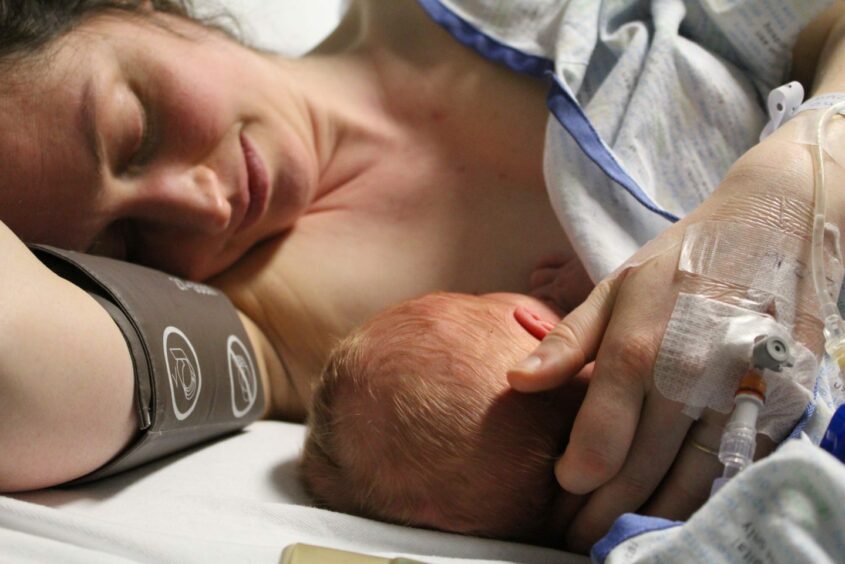
I could feel God in the room. In that moment I felt the greatest joy I had ever experienced and it felt like I was bathed in light.
But when I was telling the midwife I could feel God’s presence, she just looked at me with such fear in her eyes.
And I could see that fear.
I thought she was looking at me that way because she knew something I didn’t know.
In my head, I was thinking that midwife knew God wasn’t real and it brought it all crashing down and I felt crushed.
I then felt utter despair because it felt like God had died in front of me, that God had suddenly ceased to exist.
Being diagnosed with postpartum psychosis
This happened just days after my son was born – when I was diagnosed with postpartum psychosis.
My son was born on February 25, 2016 and he was five days old when I was diagnosed.
During those first five days I could see it was coming.
I had had a difficult labour because I was so exhausted and sleep-deprived.
I had insomnia; I had a lot of high anxiety and at one point I was having delusions.
My mind was racing and I was obsessing over how the birth had been. I just couldn’t stop thinking about it.
I was given every chance of having a natural delivery but once you have tried everything and if it still doesn’t happen, the baby has to come out somehow and I had to have a C-Section.
There was no reason why I couldn’t have a straightforward delivery, however, my son had other ideas.
The lead up to the birth
He was breech during every check up, and if he did not go into the head-down position I would have to have a planned caesarean.
I really wanted to breastfeed and knew that having a natural birth helped to start that off well, so I was really concerned that a caesarean would affect my ability to breastfeed.
I went on my hands and knees for hours to encourage him to turn to the head down position.
But I was getting more and more anxious, I spent most of my time either on my hands and knees or googling how to get him to turn round.
I even tried an alternative therapy which of course had absolutely no effect. Eventually the consultant obstetrician at the clinic turned him.
I was delighted as I assumed that meant that now I would have a straightforward birth, how wrong I was!
The birth
Initially I was in Perth Royal Infirmary and got to 8cm dilated but I was physically exhausted and felt unable to manage the pain anymore so was transferred to Ninewells Hospital.
They began to monitor his pulse, fortunately he never showed any sign of distress during the whole process. I was amazed and so reassured when I looked at the monitor to see his heart rate there as I was feeling very stressed and worried by that time.
I had an epidural and was put on a drip to speed things up and became fully dilated, was trying to push but nothing was happening. The midwives said that my son was back to back (Occiput Posterior position) and that could be why it was taking so long.
They tried forceps to turn him round and a doctor with very small hands even tried turning him with her hands but it didn’t work so there was no other option but to have a caesarean.
With hindsight, I was pretty hyperactive during the caesarean, considering I had just been awake for two and a half days pretty much and in labour for almost two.
Maybe that was the beginning of my brain unravelling…
Afterwards I kept wondering if there was something I should have done differently and I was feeling a bit traumatised.
Looking back on it, I know it was the beginning of my brain imploding.
Seeing my son for the first time
When I got to see my son for the first time after he was born I remember looking at him and feeling such surprise that he was a lot bigger than I was expecting!
He had a bright red face and was crying but I was on a real high and was just so delighted to see him and to find out that he was well.
It felt strange saying his name for the first time. I was stitched up while he was checked over and then I was taken to recovery and he had his first feed. It was absolutely magical.
I felt at peace for the first time in ages.
‘I became very strange in my behaviour’
But when I tried to leave Ninewells after five days. I became very strange in my behaviour.
At one point before we left, I saw a doctor and that doctor apparently took my husband to one side and said: ‘Is she always like this?’
I am a chatty person but it was as if I was unstoppably talkative.
Eventually my husband got me into the car, but I was really anxious.
A midwife had given me a little pep talk just before I left Ninewells when she said “you were made for this.”
Chanting had a calming effect
I got into the car and was chanting what she had said to me over and over again.
When my husband asked me what I was doing, I said it made me feel better. I felt it really had a calming effect on me.
I can’t remember what else I was saying but he had an inkling I was getting worse.
He pulled over the car and phoned the hospital about what to do. He was told to bring me back to Ninewells.
My anxiety levels went through the roof.
I was worse after that. My mind was racing and I was talking all the time.
This midwife came to speak to me and I was saying: ‘God is present in the room’ and she looked at me with such fear in her eyes and I could see that fear.
I was then taken to a room and waited to be assessed by a psychiatrist.
At one point I remember being in a room with lots of doctors and nurses and as I looked at each face I had a shot of emotion and it was a different emotion for each face. So with the doctors I felt panic and fear when I looked at them.
Then I felt love when I looked at my baby. I felt calm when I saw my husband’s face and calm when I looked at one of the midwives. It was just weird, having these emotions changing from moment to moment.
‘I felt such relief when he said it was postpartum psychosis’
Eventually my husband came over to me crying and said: ‘She says you have postpartum psychosis’. I felt such relief when he said that.
It was reassuring to know there was something seriously wrong with my brain and that it was an illness.
I went to the Murray Royal Hospital in Perth for two and a half days while I waited on a bed becoming available at the Mother and Baby unit in Livingston.
My husband took my son home and he and his mum fed him bottles and looked after him while I was in hospital.
‘It was the most terrifying experience of my life’
When I was in the Murray Royal I don’t think I have ever experienced a fear like it. It was the most terrifying experience of my life.
I was very very distressed, anxious and sad and feeling quite despairing but I knew my husband would soon bring my son in for a visit and feed so I decided I needed to cheer up before he got there.
I went for lunch in the lunch hall and heard someone singing Flower of Scotland so I joined in belting it out as loud as I could.
I’ve been in choirs much of my life and done loads of singing so I was really loud and everyone coming in the room looked really surprised and disgruntled.
I started taking requests from another patient (I think Annie Lennox featured) and I got louder and louder (it had a great reverb in that room and I was loving it).
But eventually a nurse came running in with medication in her hand for me and took me out the room as quick as she could to get the medication in me.
I was feeling really happy but the nurse didn’t seem as pleased as I was.
With hindsight I knew I was experiencing mania, which is one of the symptoms of postpartum psychosis.
I saw a psychiatrist at the Murray Royal and was prescribed anti-psychotic medication. Once I started taking it, I started to feel better.
A safe space at the Mother and Baby Unit
A bed then became available at the Mother and Baby unit in Livingston.
I went on to spend five weeks there with my son – I remember spending my first Mother’s Day in March 2016 there.
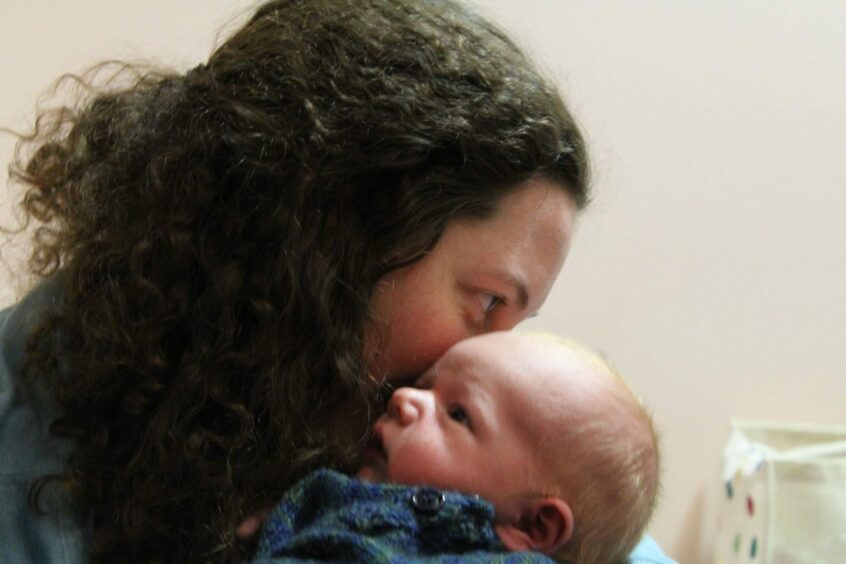
I was so delighted to be reunited with my son at the Mother and Baby Unit. When I was at the Murray Royal I felt bereft to be apart from him.
At the unit I was given advice about managing my baby’s care and had regular chats with the psychiatric nurses.
The unit gave me a safe space to recover, but as I was getting better from the psychosis, I started feeling depressed. But breast-feeding my son helped me to feel calm – it gave me a job and a purpose.
I felt incapable of cooking the tea or even washing, but breastfeeding gave me a purpose to life and it helped me to connect with my son.
I just thought even if my mind is mis-firing I am giving him what he needs through my body, that was very helpful for me.
It took me took years to recover from the trauma, anxiety and depression I had experienced.
‘I have a lot of compassion for new mums’
As I recovered, I was doing outdoor swimming and running.
I also had a consultation with the head midwife at Ninewells Hospital in August 2018 when I was able to get the concerns I had off my chest.
She then put me in contact with the perinatal mental health midwife a couple of weeks later.
And I was able to read through my hospital notes with her.
That was a turning point.
She was saying to me ‘what you went through was really difficult’.
I found that very helpful because when you are mentally ill there is so much shame wrapped up in it.
But I found her to be really helpful and supportive.
She validated that what I had experienced had been really tough.
You feel like what did I do wrong? But actually I now understand it is just something that happens and it can happen to anyone.
I talk very openly about it.
And I feel passionate that people should know about postpartum psychosis and know that is it treatable. I also have a lot of compassion now for new mums.
The quicker you get help the better the recovery is.
I have wanted to raise money for the charity Action on Postpartum Psychosis (APP) for a long time.
APP provides peer support online for anyone who has experienced postpartum psychosis and I am a peer supporter myself.
I am really into cycling. The people at APP suggested I do a journey that meant something to me to raise money and awareness. For instance, they suggested the journey from my home to the Mother and Baby Unit, but I googled that and thought 43 miles is a bit easy!
‘Postpartum psychosis is rare’
So I thought I would cycle the 65-mile journey I took from Ninewells Hospital, which adds on a few more miles and makes it more of a challenge.
I have come to the realisation that prioritising self care is a lot more important than many other things. My family is the most important thing.
And I want to be as well as possible because it has an impact on them.
Postpartum psychosis is very rare – it won’t happen to many people. But when it does happen, it is treatable and needs to be responded to appropriately.
I went on to have a second son in 2019 without a recurrence.
The support of APP really helped me to prepare for his birth.
It’s important for mums to know that just because you experience postpartum psychosis once, it doesn’t mean you will have it a second time.
I also don’t want people to be thinking ‘it could happen to me’ because it is really unlikely.
But at the same time if it does happen, getting help quickly matters so much.”
To donate to Hazel’s cycling fundraiser, which took place on Saturday, please visit her fundraising page here
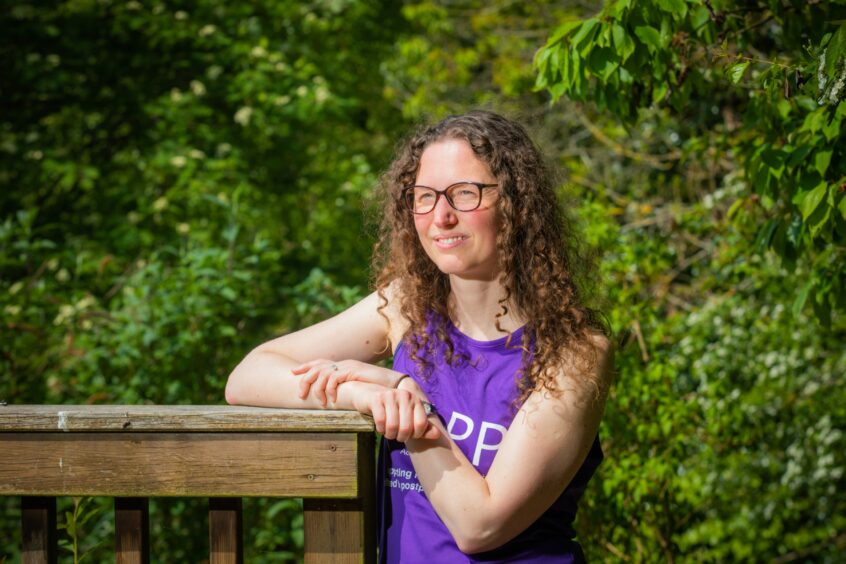
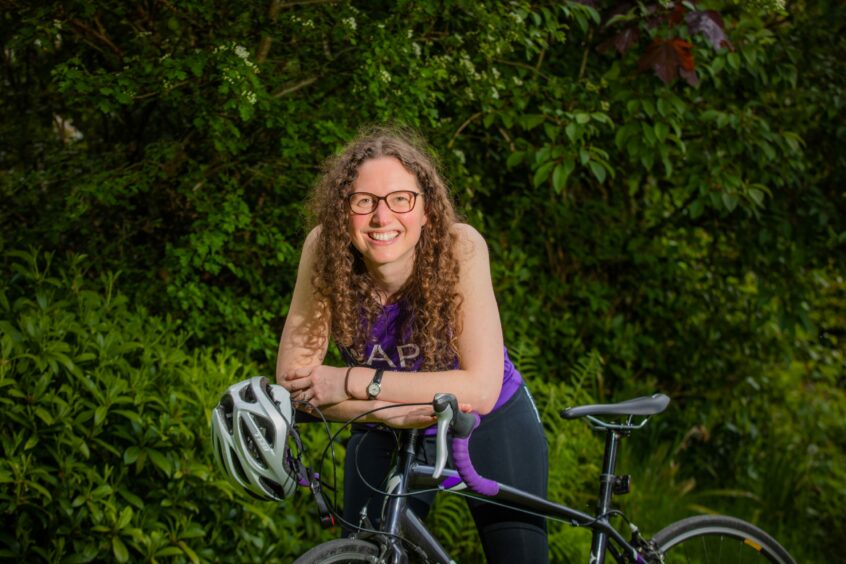
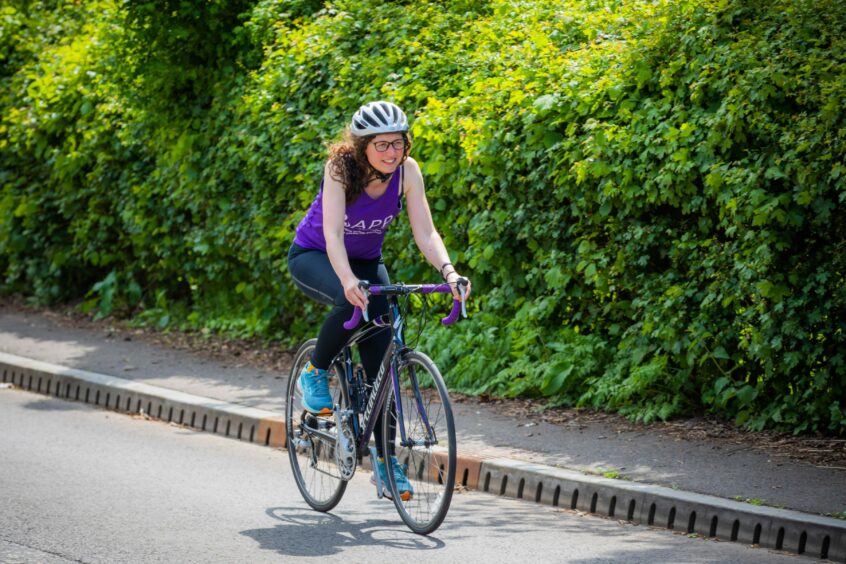
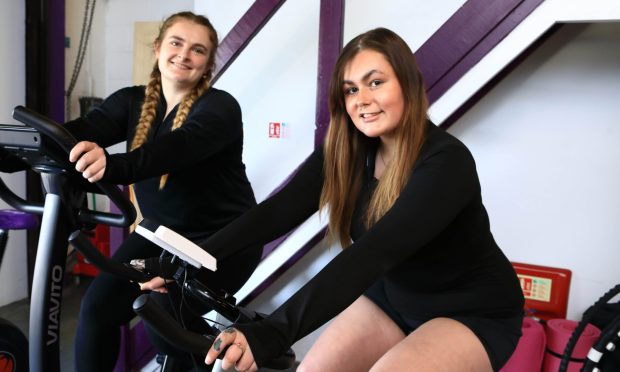
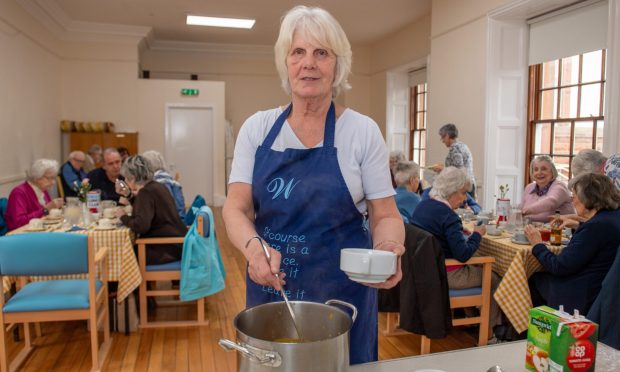
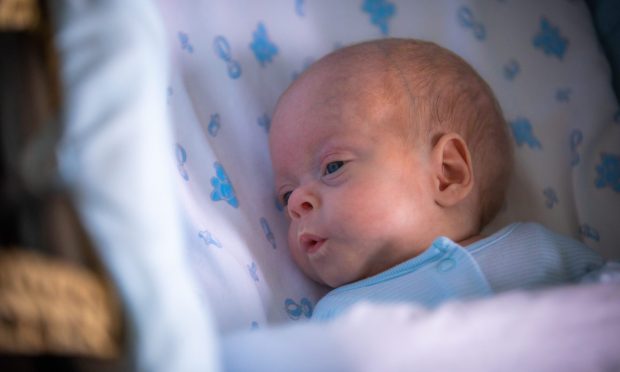
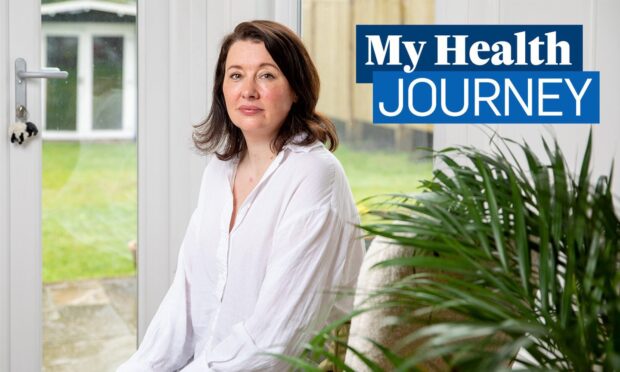
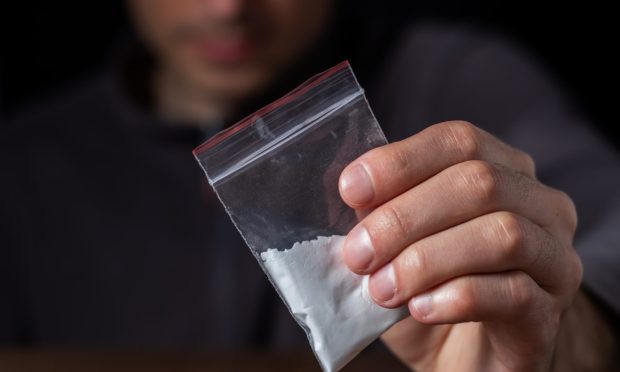
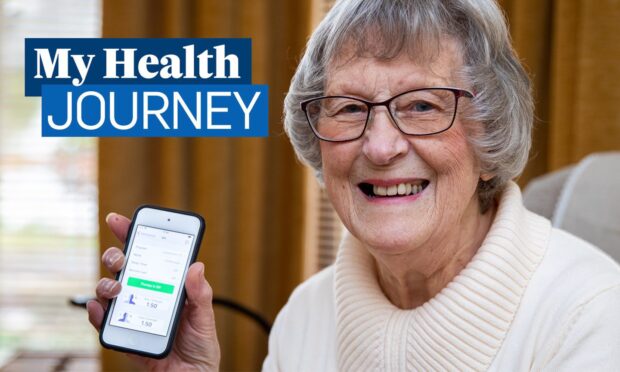
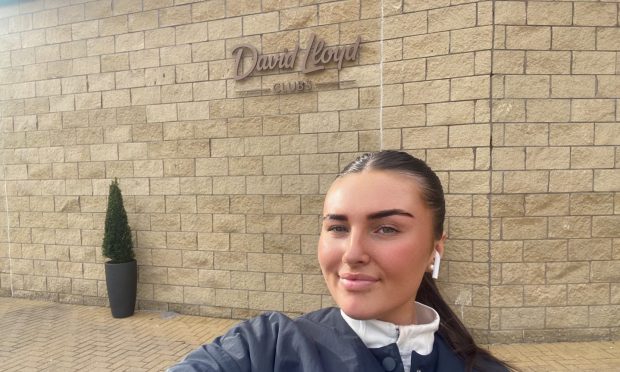
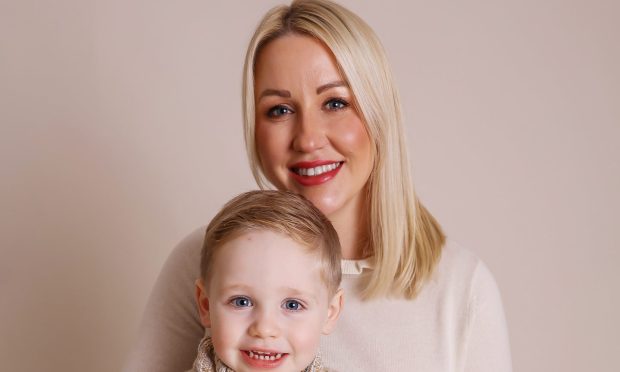
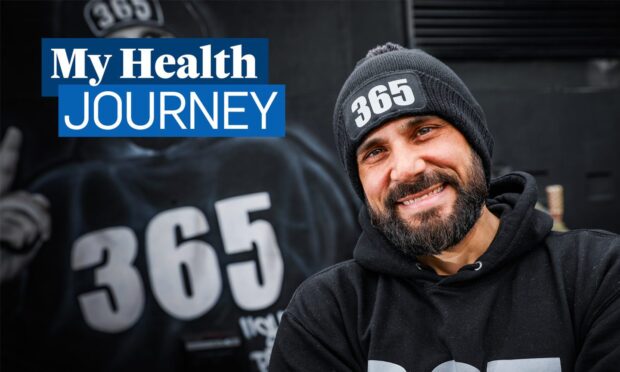
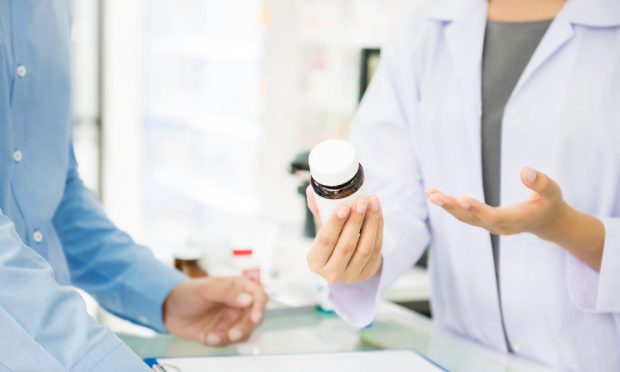
Conversation